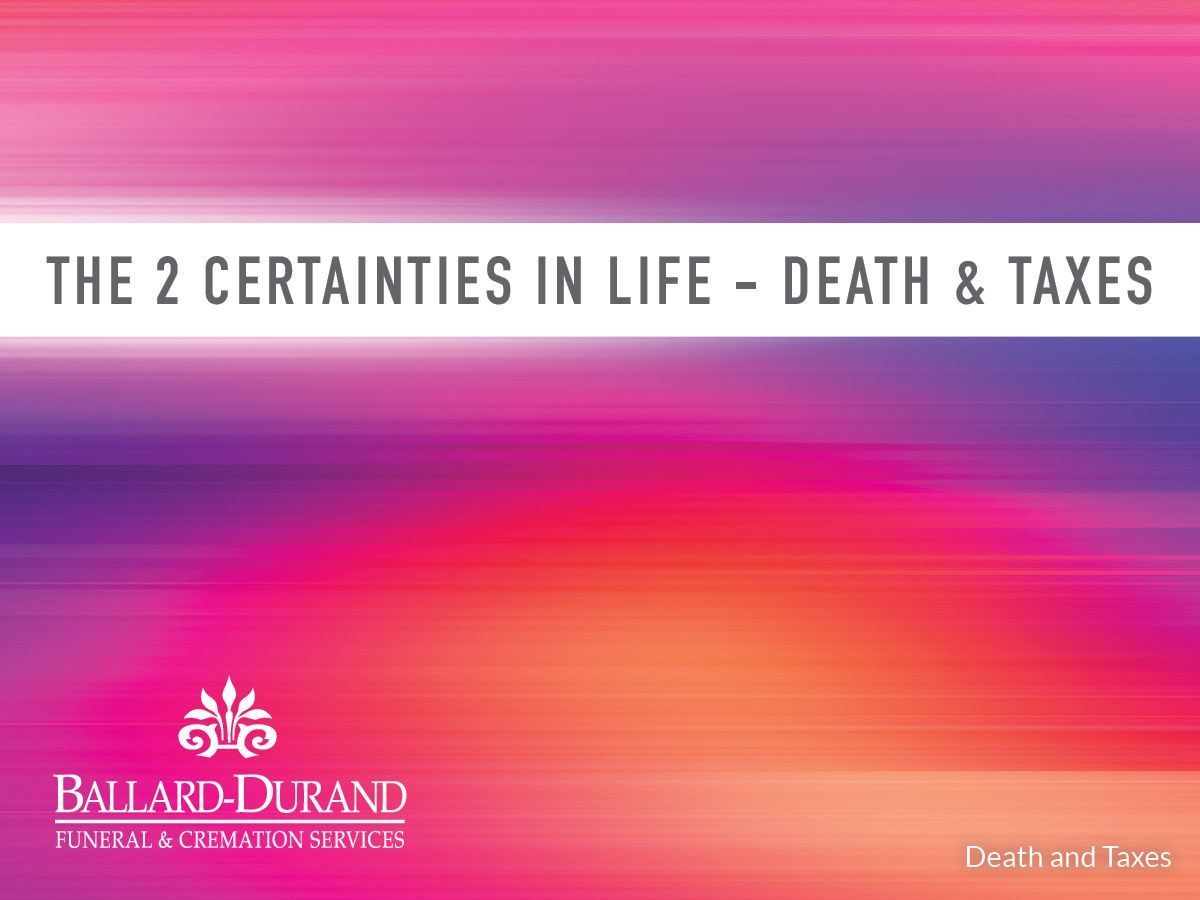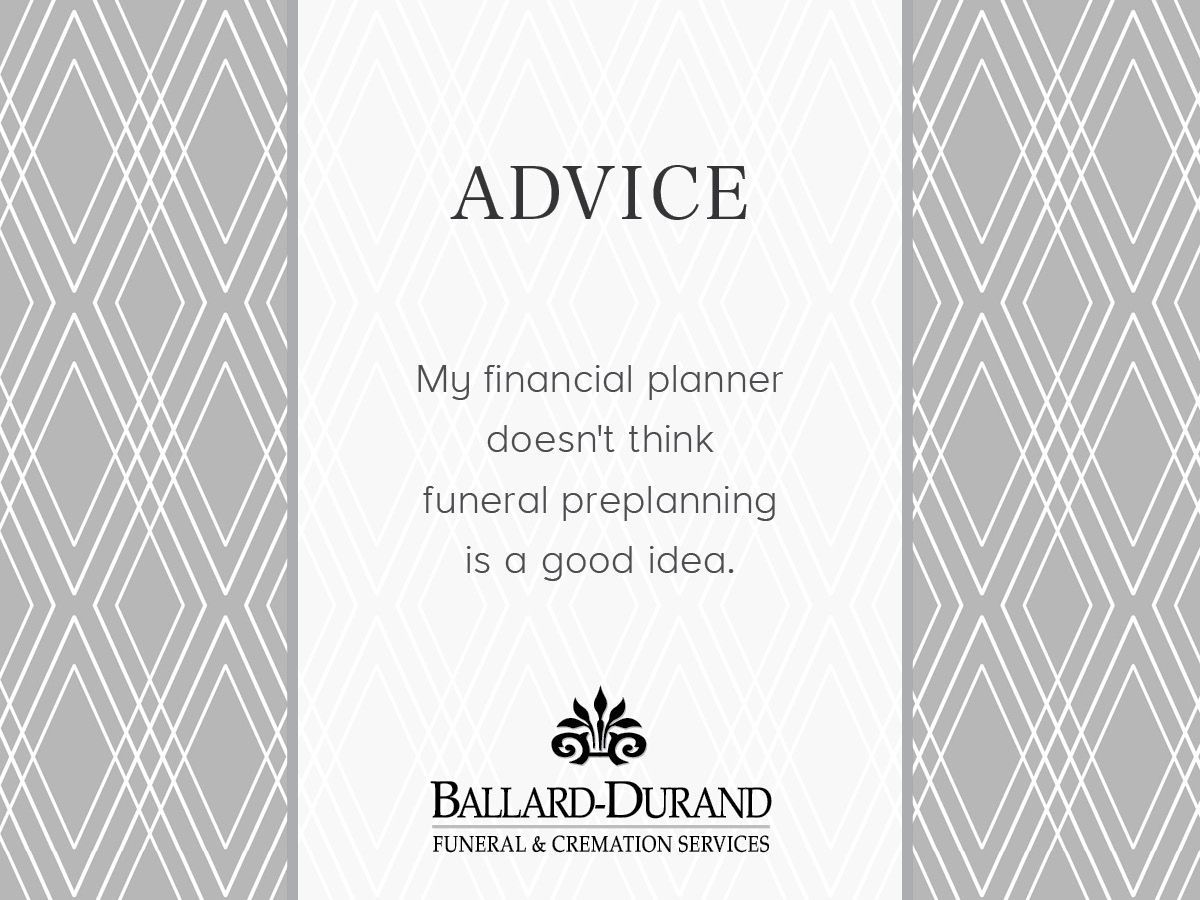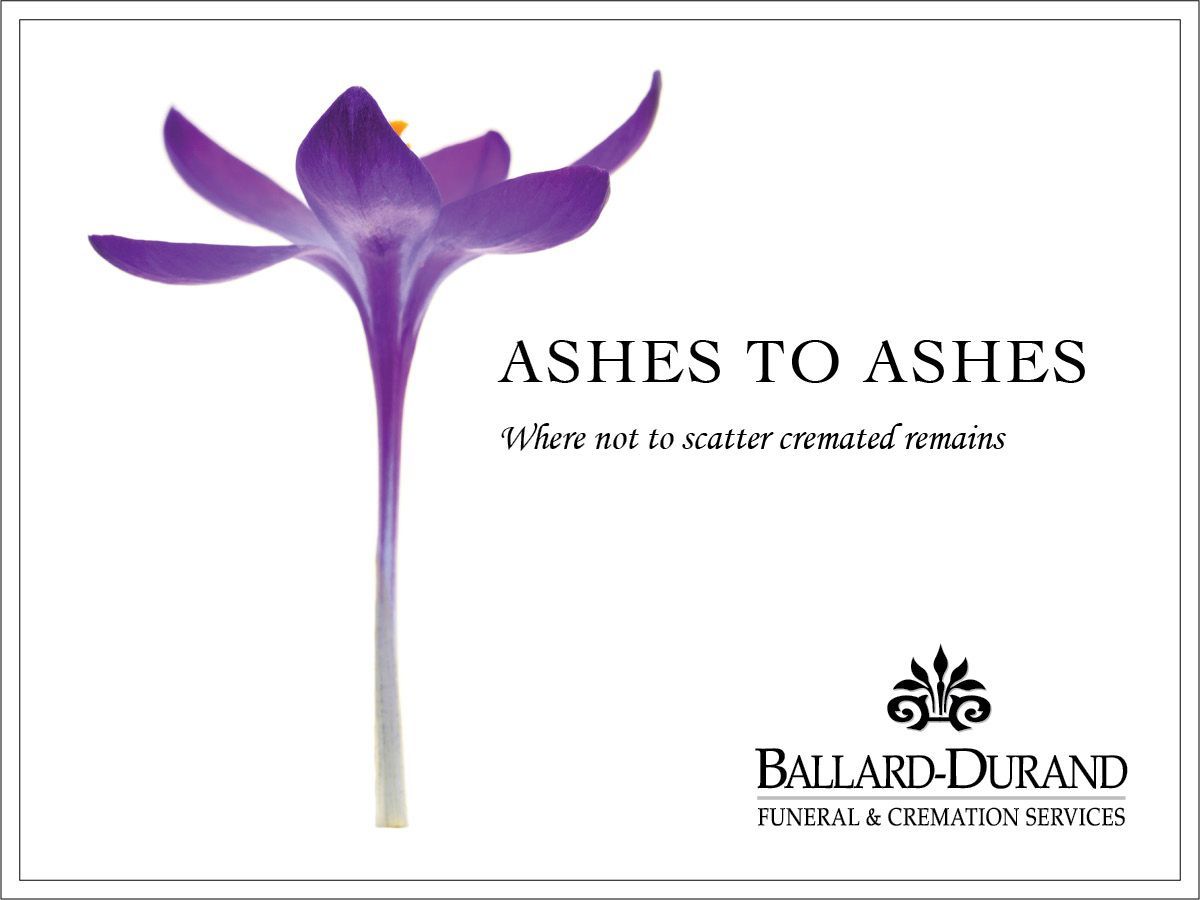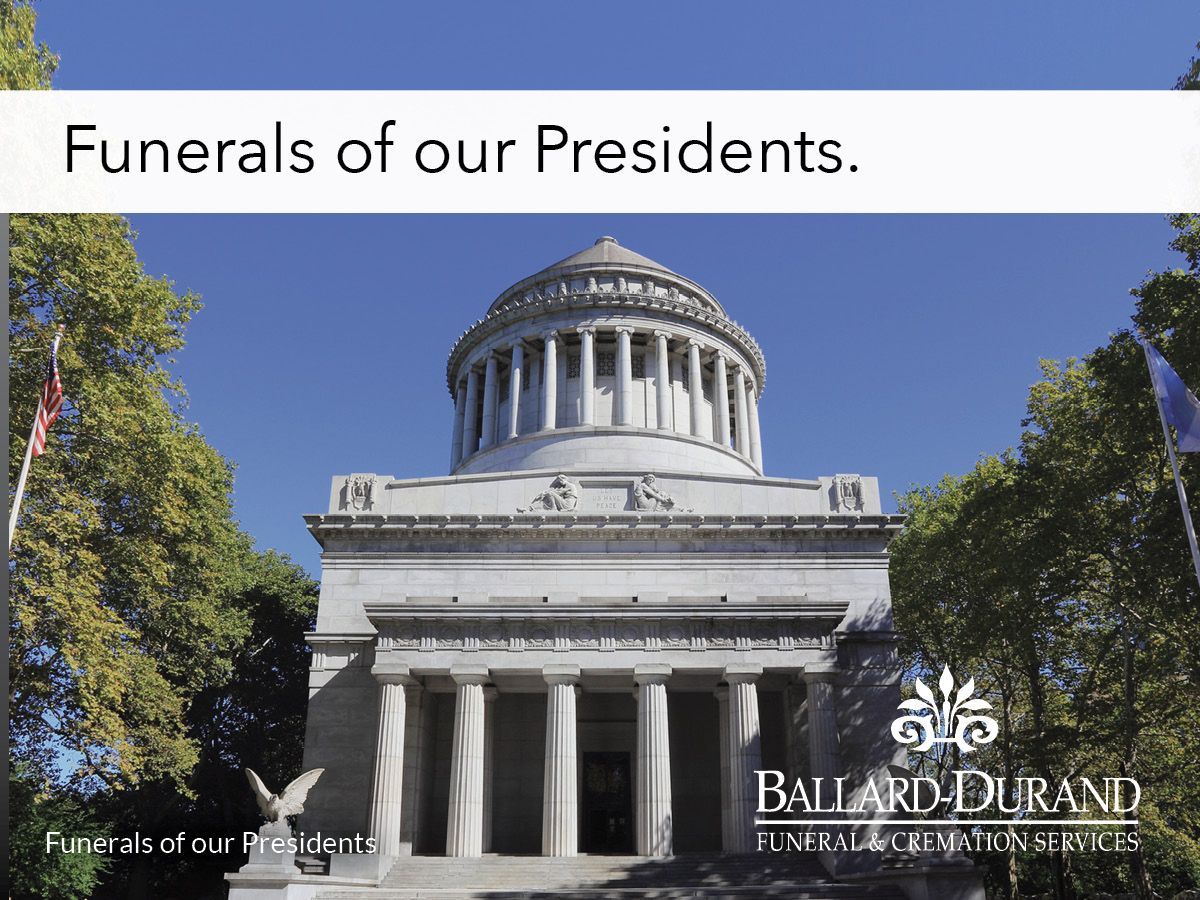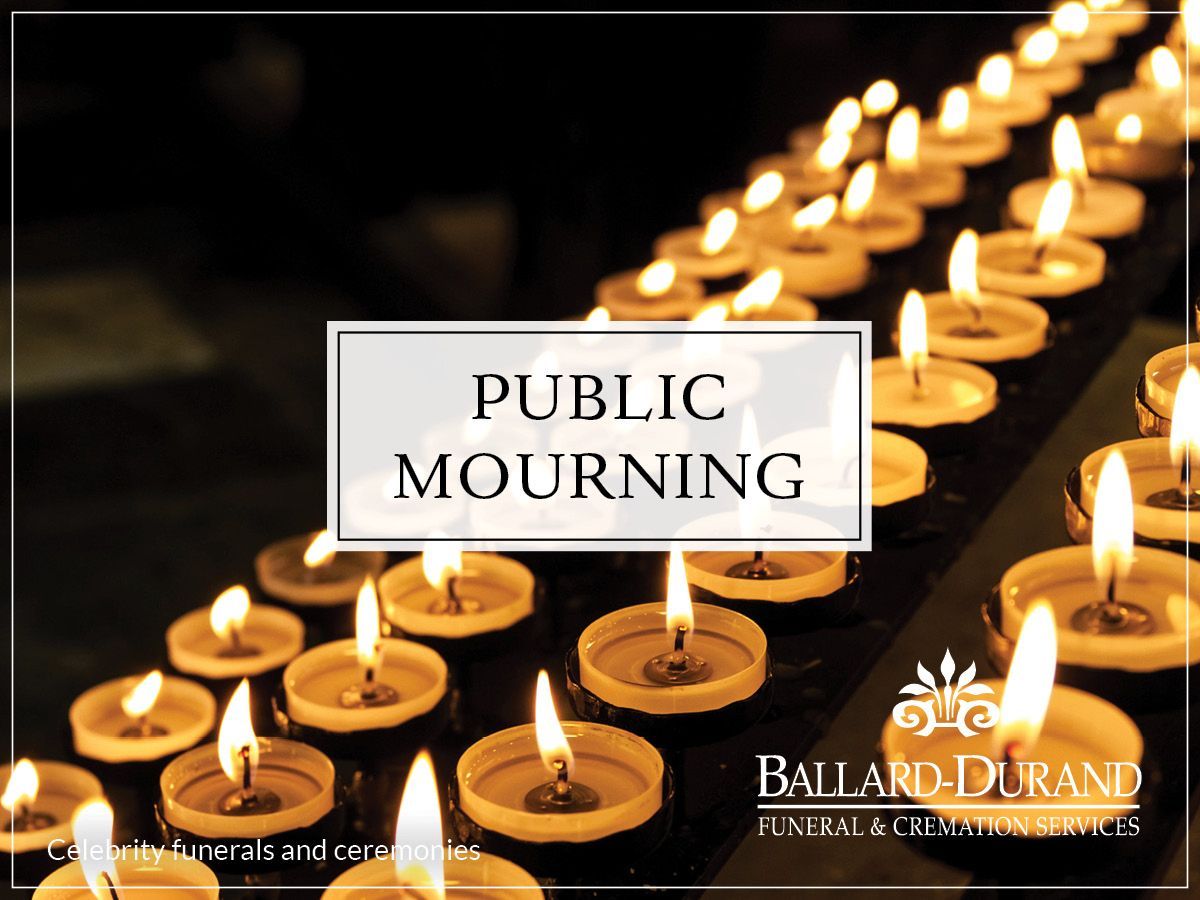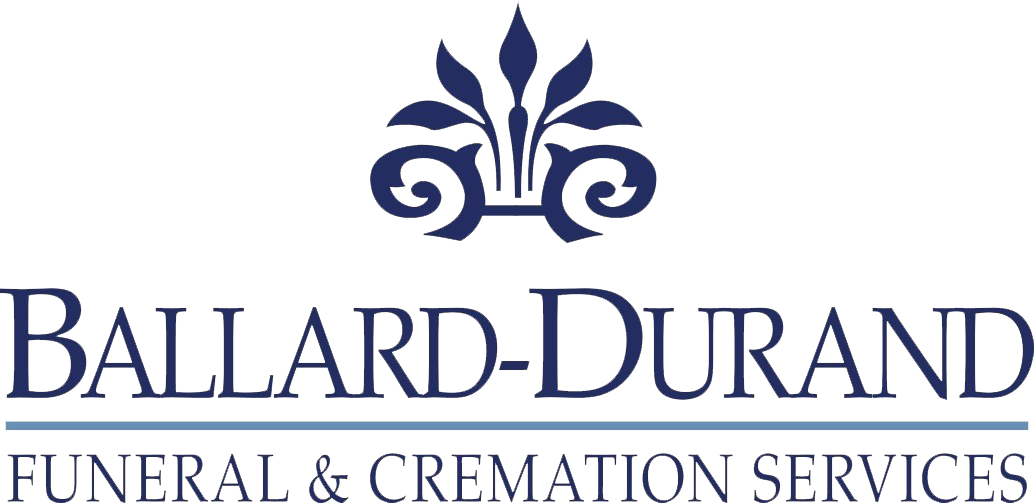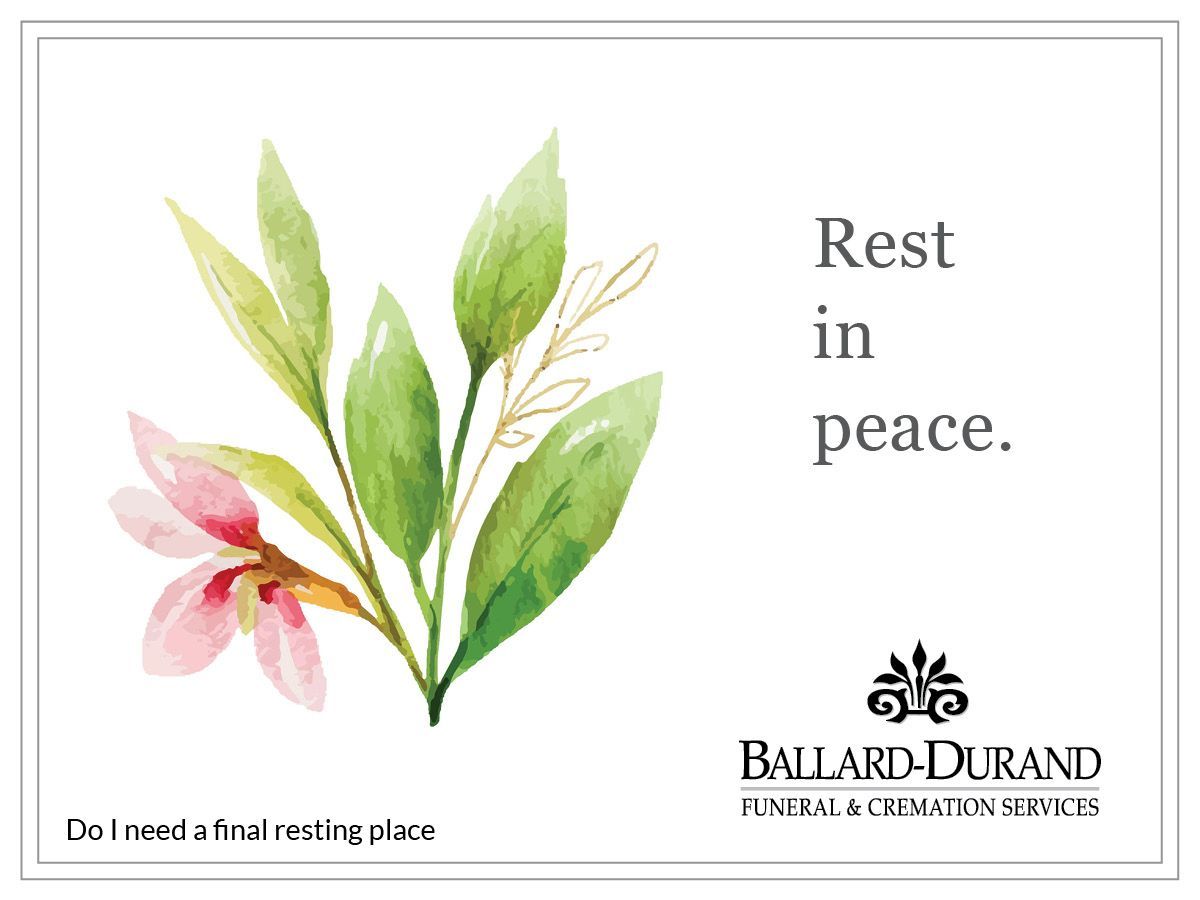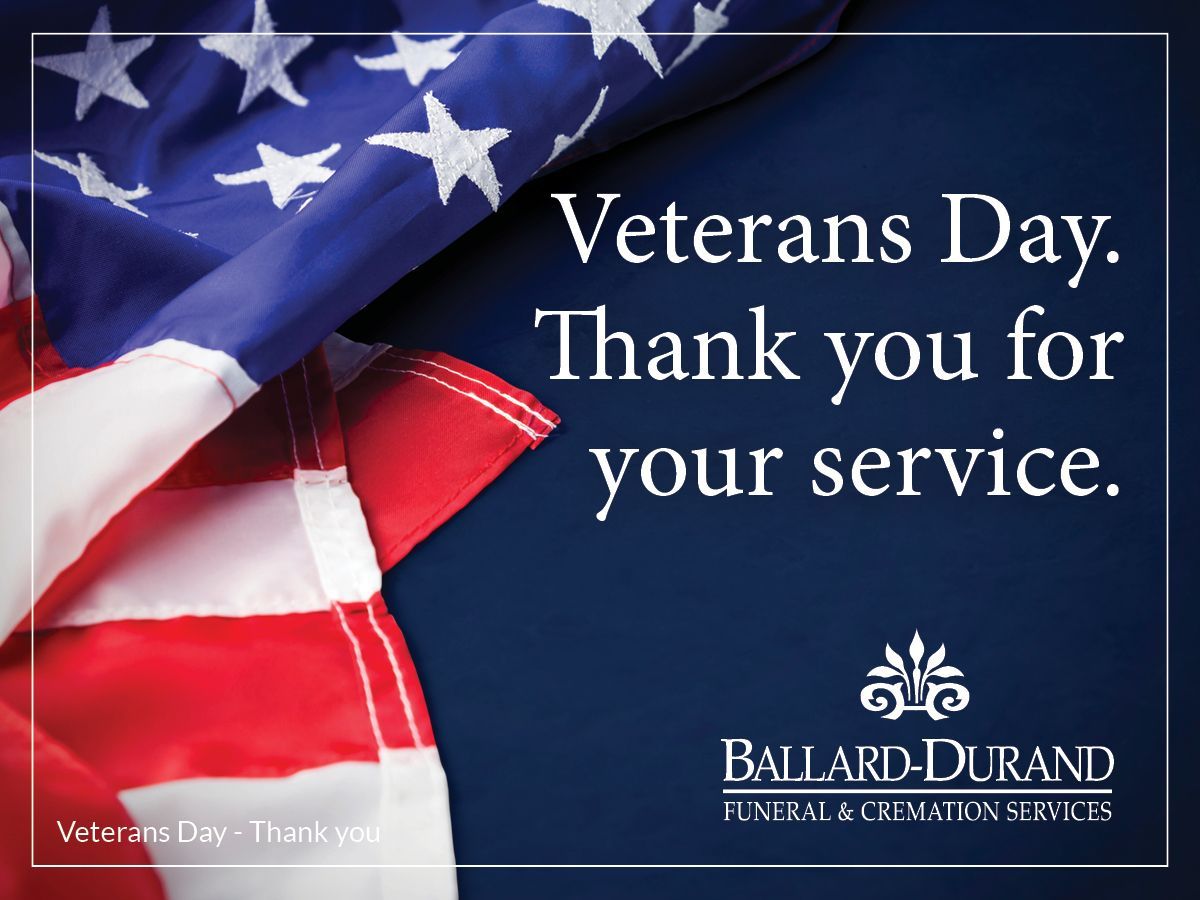How should I prepare for my funeral preplanning meeting?
First, relax. Talking about your funeral plans might make you a little uncomfortable at first but making a plan doesn’t mean you will be using it anytime soon. Your funeral director or advance planner will guide you through the process. Most people get very comfortable in just a few minutes.
Do consider bringing someone with you. Be aware that children are often reluctant to come. They don’t want to think about losing you. Insist they come anyway. They will thank you later.
Do allow enough time. Typically, you will need an hour or two to get the most from your preplanning appointment.
Make a list of your questions. You may be undecided about some things. That’s fine. This meeting is a good place to get the information you will need. Just ask. Why should I have a gathering? Is it important for my family to see my body? If I am cremated what are my options for a service? What are the benefits of paying in advance? If I pay in advance can I make payments? Any question you have is a good question.
Probably the most important thing you can do to prepare for your meeting is simply to think about your family and your friends. Who are your people? Brothers, sisters, children, grandchildren, the friends you have known forever and the friends you see every day. Picture them. Think about them. What will they remember about you? What kind of a service will bring them comfort? Will they want to share stories? Will music be important? Will a spiritual component be a valuable part of your service?
Become aware that not everyone in your circle may find comfort in the same way. Tell your planner about the needs of your family and friends. Let the funeral professional help you find the right fit for your people. The funeral is for the survivors, so think about them.
People smile, they even laugh at these meetings. What you are about to do is a final gift for those you love.
